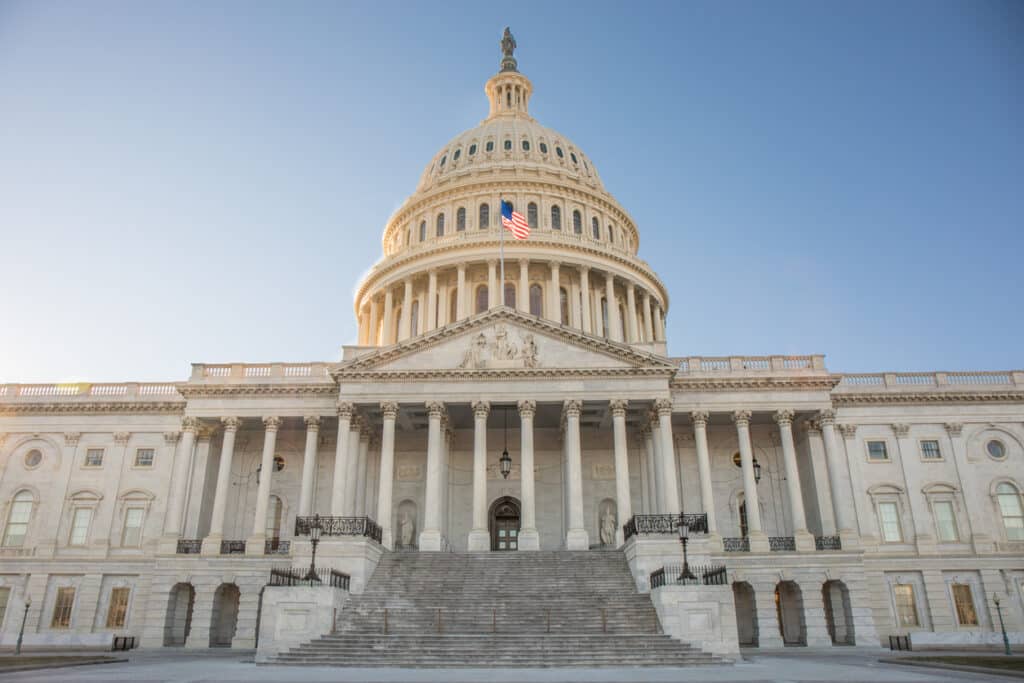It is well documented that the lack of a quorum at the Merit Systems Protection Board (MSPB) has undermined the whistleblower protection system for federal employees. This system is a needed safeguard against fraud, abuse, and misconduct throughout the federal government. The MSPB is required by law to have a quorum of two to operate. Presidential nominees to the Board have been advanced by the appropriate Senate Committee. For the first time in over four years, a quorum is very close to being established. However, the U.S. Senate has failed to act, continuing the harm to the federal employees waiting for the review of their cases. Hundreds of federal employee whistleblowers remain in legal limbo because of the Senate’s failure to hold a vote on the nominees. This inaction is inexcusable!
The MSPB has lacked the two members needed to form a quorum since January 8, 2017. Unlike other federal agencies, the MSPB cannot function with “acting” members filling in for political nominees. The Board oversees whistleblower retaliation cases for federal employees. Due to the lack of quorum, it has been unable to issue a final ruling on a whistleblower retaliation case in nearly five years. Thus, hundreds of federal employee whistleblowers have failed to receive the much-needed relief that the Whistleblower Protection Act affords them.
The MSPB is close to regaining a quorum, but Senate action is needed. On October 6, the U.S. Senate Committee on Homeland Security & Governmental Affairs voted to advance President Biden’s three nominees for the Board: Cathy Harris, Raymond Limon, and Tristan Leavitt. Weeks have passed, and the Senate has still not scheduled a floor vote to confirm these nominees.
The merits of the nominees were debated during a hearing by the Committee on Homeland Security & Governmental Affairs. Members of the Committee chose to advance the nominees. The time for deliberation has passed, a full Senate vote must be held immediately.
The longer the Senate waits to hold a vote, the larger the backlog of thousands of cases at the MSPB will continue to grow. And the longer brave whistleblowers, like Dr. Toni Savage, have to sit waiting for relief. Whistleblowers like Dr. Savage sacrifice their livelihoods and well-being to expose misconduct. By failing to vote on the MSPB nominees, the Senate is furthering the harm inflicted on these heroes.
The Senate’s inaction means that the whistleblower protection system for federal employees remains effectively nonexistent. This continues to have an immeasurable chilling effect on potential whistleblowers who see no opportunity for protection and relief if they are retaliated against. An unknown amount of misconduct, fraud, and abuse across the federal government will therefore remain undetected. Thus, the Senate’s failure to hold a vote on the MSPB nominees is not just harming the hundreds of federal whistleblowers seeking relief but the American public.
